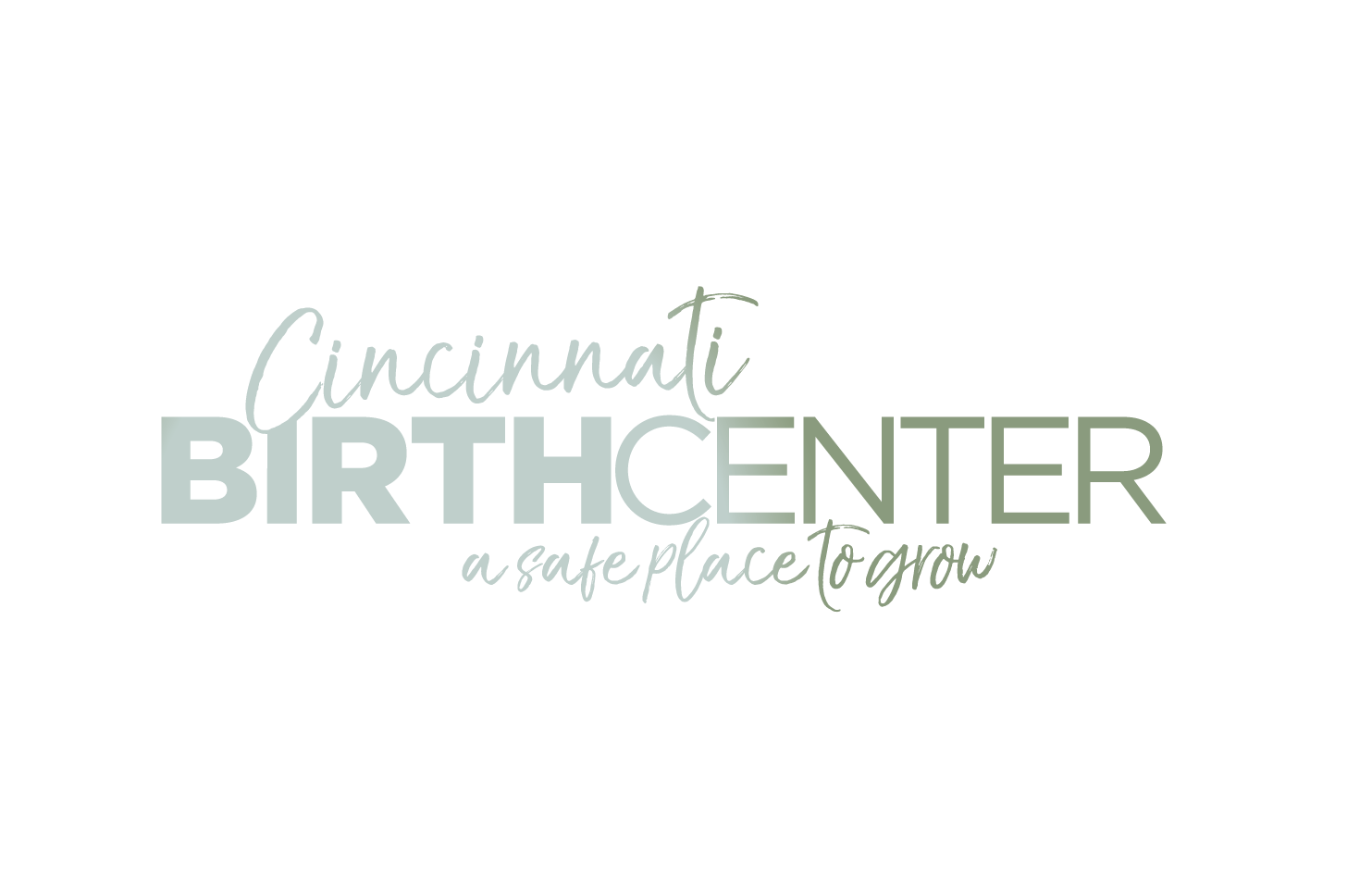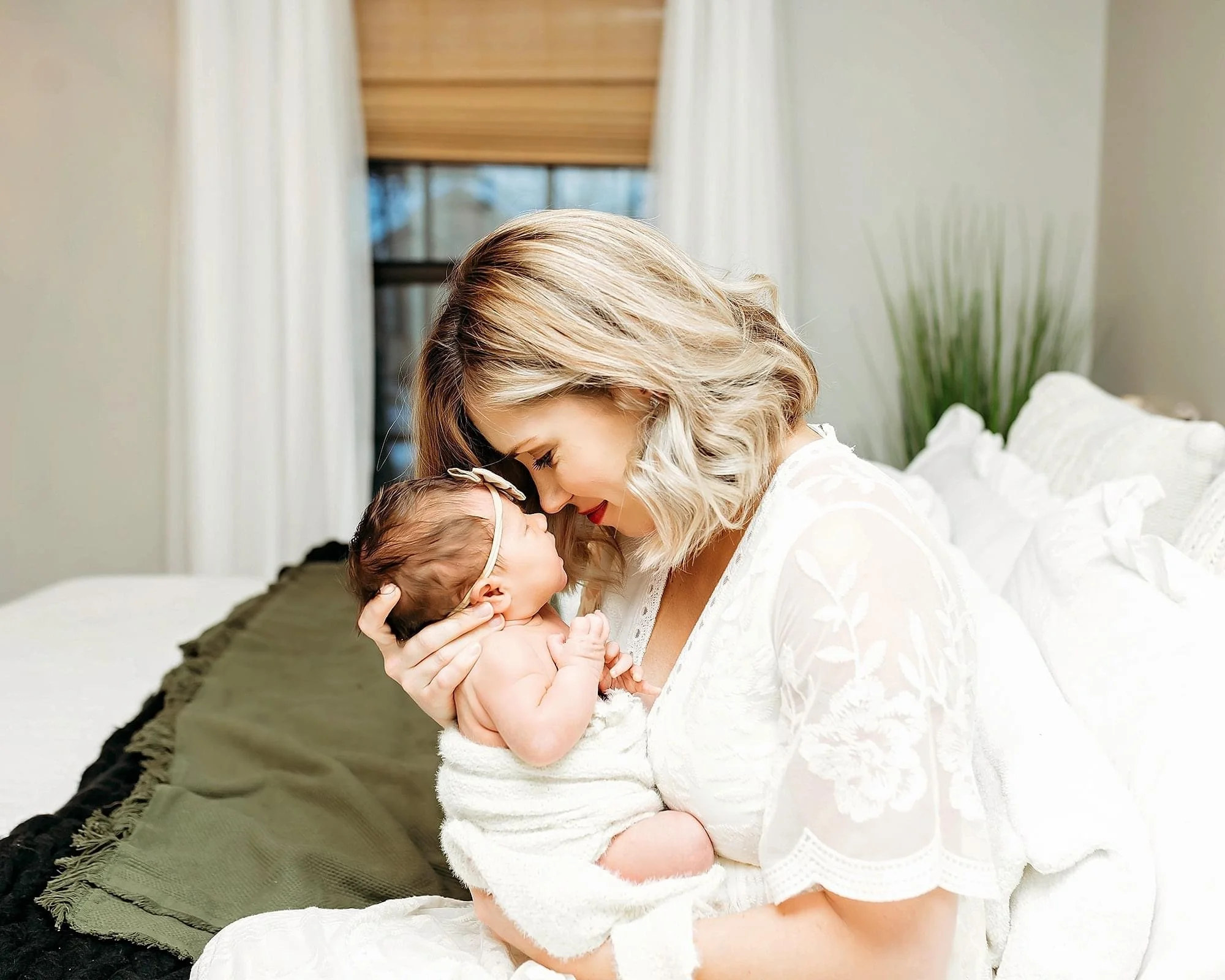How to Handle Postpartum Hair Loss
/If you have a shedding pet, you’re probably used to vacuuming up pet hair ALL. THE. TIME. After having a baby, you might feel like your own shedding rivals that of your four-legged friends!
Postpartum hair loss happens to almost every mother, and it can actually be difficult to cope with when you lose handfuls of hair every day and it starts to lose its fullness. Why does hair loss happen, and how can you manage it?
What Causes Hair Loss?
Hair loss after birth is called “pregnancy alopecia”, and usually starts around 2-3 months postpartum. It can be startling to start losing hundreds of hairs every day and watching your hair thin out, but don’t worry! Shedding usually slows down around 6 months and new hairs start to grow back.
Postpartum hair loss happens when hormones disrupt the hair growth cycle. During pregnancy, estrogen levels spike, which causes more hair follicles to enter a “resting” phase simultaneously. Did you have thick, glossy “pregnancy hair?” This is why!
However, after giving birth, estrogen levels take a sharp drop, returning your hair to its normal cycle and shedding all the hair stored up during pregnancy at once. This can be alarming, but it’s temporary and will level out later.
Keep in mind, other factors can contribute to hair loss as well, such as inadequate iron levels and high stress levels - both common after giving birth.
Managing Hair Loss
It can be distressing to lose so much hair at once, but rest assured there is an end in sight! In the meantime, there are ways you can manage your hair loss so that it isn’t worse than it needs to be.
Nutrition: Diet is everything when it comes to health! Keep eating a balanced diet rich in vitamins and minerals to support hair growth. Key nutrients include iron, zinc, vitamin D, and omega-3 fatty acids.
Gentle Hair Care: For the next few months, avoid harsh hair treatments, reduce heat styling, and use gentle shampoos and conditioners to minimize additional hair damage. It can be tempting to throw your hair in a tight ponytail or bun each day (especially with a baby to care for), but this can actually weaken your hair follicles. Try either wearing it down or using a thick scrunchy and keeping your hair style loose.
Stress Management: Stress is a huge reason for hair loss even outside of postpartum. Stress-reducing activities such as yoga and meditation, and getting enough rest can help manage physical and emotional strain.
Consult a Professional: If hair loss is severe or persists beyond a year, consulting a healthcare provider or dermatologist can help rule out underlying conditions such as thyroid disorders or alopecia areata.
***
Remember, hair loss is temporary after giving birth - this too shall pass! Keep focusing on healthy practices, enjoy this season with your new baby, and let time and regrowth take its course.



